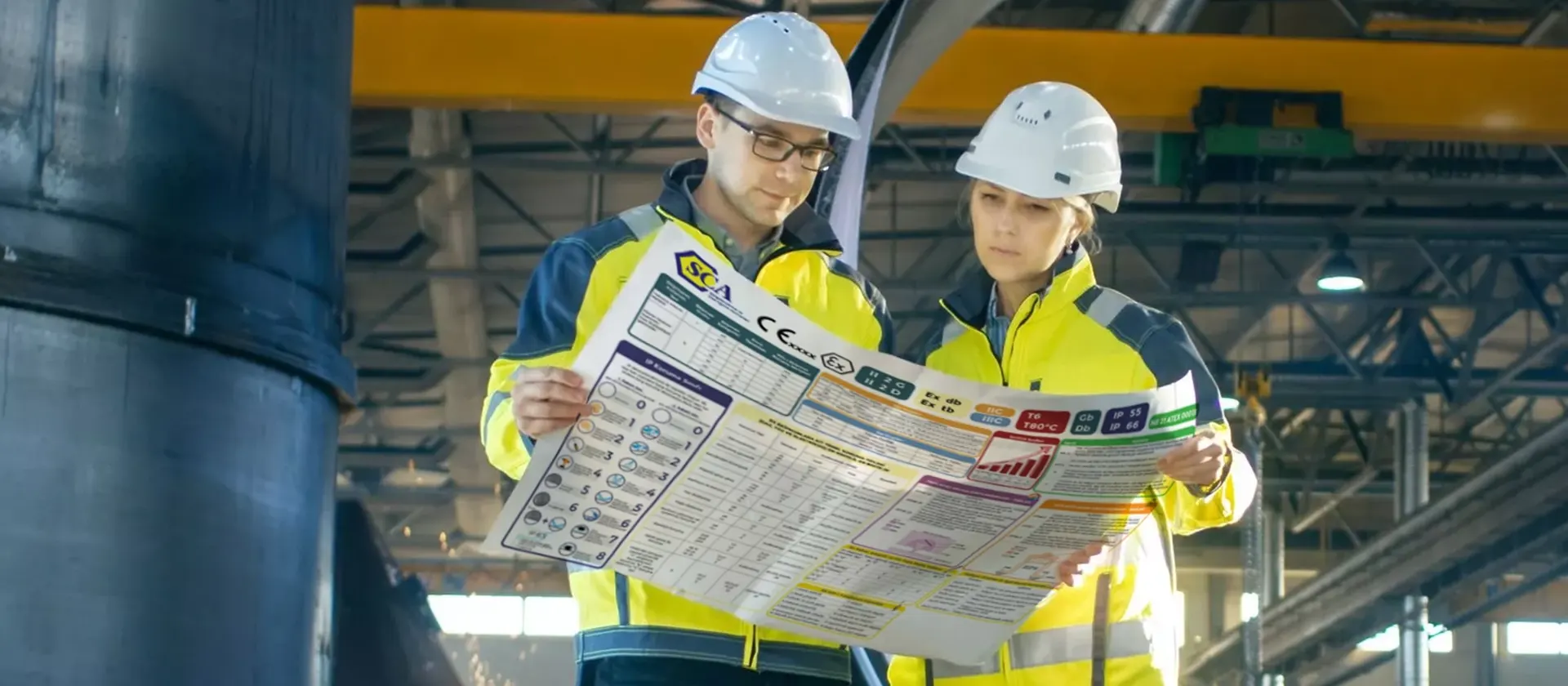ISO 3506 Stainless Steel Fasteners Certification Testing
The ISO 3506 standard is a critical document in the metallurgical and material testing sectors. It specifies the methods for mechanical testing of stainless steel fasteners, including bolts, nuts, and screws used across various industries such as automotive, aerospace, construction, and general engineering. This certification ensures that these fasteners meet stringent quality requirements for strength, durability, and reliability.
Stainless steel fasteners are essential components in many applications where corrosion resistance is paramount. They must withstand harsh environments, high stress levels, and extreme temperature conditions without compromising their integrity. ISO 3506 testing provides a standardized framework to evaluate the mechanical properties of these fasteners, ensuring they meet global quality standards.
The testing process involves several key steps. First, samples are prepared according to the specified dimensions and tolerances outlined in ISO 3506. These samples undergo various mechanical tests such as tensile strength, yield strength, proof load endurance, and fatigue resistance. The tests are conducted using high-precision machines that can apply controlled loads and monitor deformation.
After testing, the results are analyzed to ensure they fall within the specified limits provided by ISO 3506. Any deviations from these standards could indicate potential issues with material composition or manufacturing processes. Compliance with these stringent criteria ensures that the fasteners meet international quality benchmarks, enhancing their performance and reliability in critical applications.
Compliance with ISO 3506 is not just about meeting industry expectations; it also facilitates smoother supply chain operations and reduces the risk of product recalls. Many industries have made it a mandatory requirement for suppliers to provide certification based on this standard. This ensures that all stakeholders, from manufacturers to end-users, can rely on consistent quality.
For R&D engineers involved in developing new fastener designs or improving existing ones, ISO 3506 provides a robust framework for validating their innovations. By adhering to these standards, they can ensure their products are competitive and meet the demands of modern manufacturing processes.
Quality managers and compliance officers play a crucial role in ensuring that all suppliers adhere to these stringent testing protocols. They rely on third-party laboratories like Eurolab to conduct independent audits and provide certification reports. This not only builds trust with customers but also helps maintain the integrity of the supply chain.
Eurolab Advantages
At Eurolab, we understand the importance of meeting stringent quality standards like those specified in ISO 3506. Our expertise lies in providing comprehensive metallurgical and material testing services that cater to diverse industries. Here are some of our key advantages:
- State-of-the-Art Facilities: Equipped with cutting-edge technology, we offer precise and reliable test results.
- Experienced Technicians: Our team comprises highly skilled professionals who possess deep knowledge in materials science and testing methodologies.
- Comprehensive Reporting: We provide detailed reports that not only meet but exceed industry expectations.
- Dedicated Support: From initial consultation to final analysis, our dedicated support ensures a seamless experience for all clients.
With Eurolab by your side, you can rest assured knowing that your stainless steel fasteners are rigorously tested and certified according to the highest international standards. Our commitment to excellence has made us a trusted partner in numerous projects worldwide.
Quality and Reliability Assurance
- Consistent Performance: ISO 3506 testing ensures that fasteners consistently perform under various conditions, enhancing their reliability in real-world applications.
- Durability Under Stress: The mechanical tests conducted ensure that the fasteners can withstand high stress levels without failing.
- Corrosion Resistance: Stainless steel's inherent corrosion resistance is further validated through these tests, ensuring longevity in harsh environments.
- Environmental Compliance: By adhering to ISO 3506 standards, manufacturers ensure their products comply with environmental regulations and reduce the risk of contamination.
These tests are crucial for maintaining product integrity and ensuring that suppliers consistently deliver high-quality materials. The results of these tests form a critical part of quality control processes and help build trust between suppliers and end-users.
We employ rigorous quality assurance measures to ensure every test conducted is accurate and reliable. Our adherence to international standards guarantees consistent results, which are essential for maintaining product integrity and ensuring compliance with regulatory requirements.
International Acceptance and Recognition
- Global Standard: ISO 3506 has been widely adopted across the globe, making it a universally recognized standard in the metallurgical industry.
- Cross-Industry Validity: This standard is applicable not only to fasteners but also to other stainless steel components used in various industries.
- Regulatory Compliance: Many countries and regulatory bodies mandate compliance with ISO 3506, ensuring that products meet stringent quality benchmarks.
- Industry Leadership: Adoption of this standard reflects a commitment to excellence and sets the benchmark for high-quality stainless steel fasteners.
The widespread acceptance of ISO 3506 underscores its importance in maintaining global standards. By adhering to these standards, manufacturers can ensure their products are not only reliable but also meet international expectations. This recognition extends beyond mere compliance; it reflects a commitment to delivering superior quality and performance.
For industries that rely heavily on stainless steel fasteners, such as aerospace, automotive, and construction, ISO 3506 certification is essential. It ensures that these components are robust enough to withstand the harshest conditions while maintaining their integrity over time.





